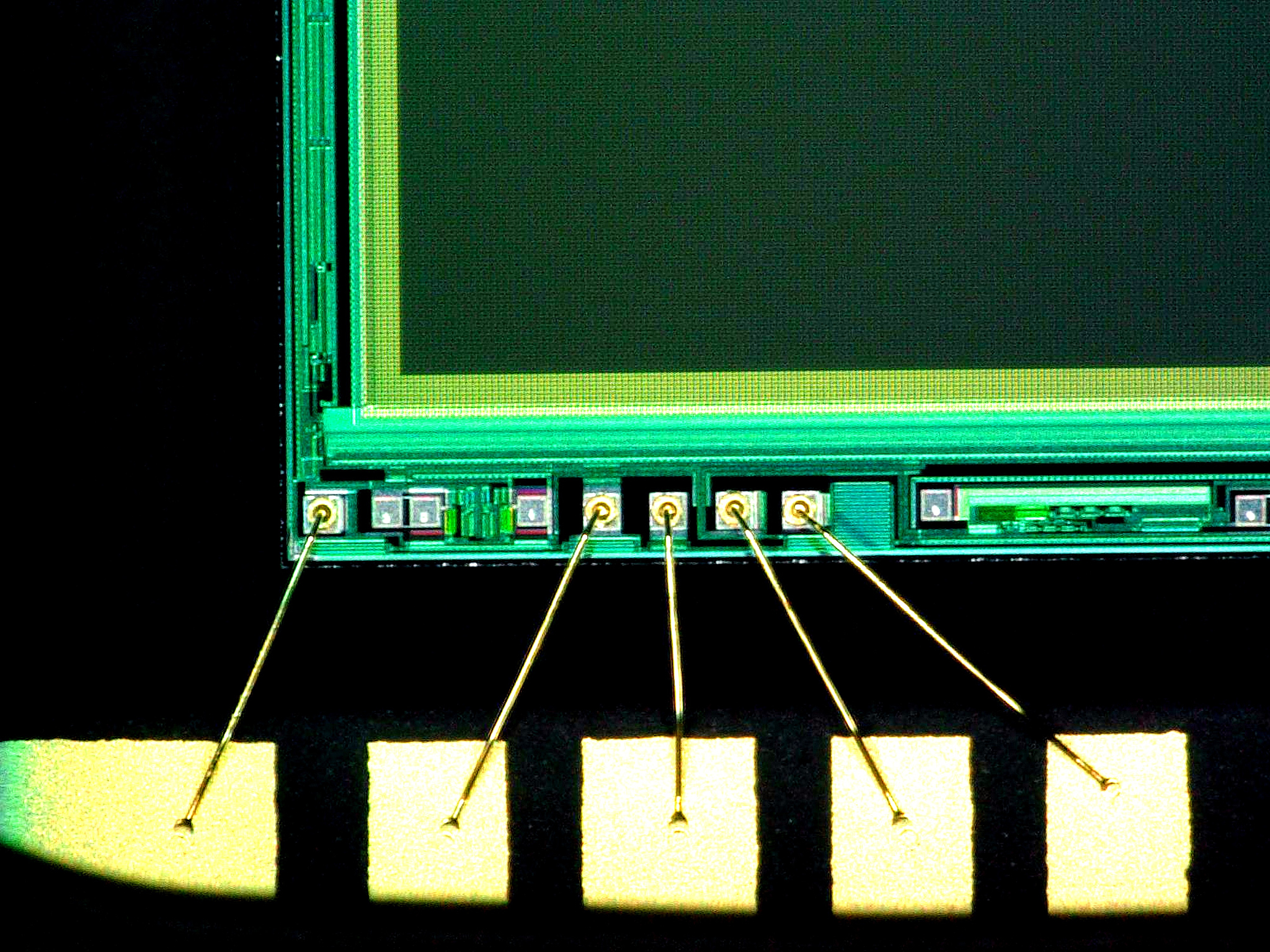Android HDMI 热插拔实现指南 - 如何在Android设备上使用HDMI连接和热插拔功能
Android 设备支持 HDMI 接口,可以将设备的屏幕输出到其他显示设备上,如电视、投影仪等。而热插拔功能是指当 HDMI 线缆插入或拔出时,设备能够自动检测并进行相应的响应。
在 Android 系统中,实现 HDMI 与热插拔功能需要使用系统提供的 API。以下是实现步骤:
- 获取 HDMI 连接状态
Android 系统提供了一个广播 ACTION_HDMI_PLUGGED,可以用来检测 HDMI 连接状态。当 HDMI 接口插入或拔出时,系统会发送这个广播,我们可以注册一个 BroadcastReceiver 来接收这个广播并响应。
具体实现步骤如下:
- 在 AndroidManifest.xml 中注册一个 BroadcastReceiver
<receiver android:name=".HDMIReceiver">
<intent-filter>
<action android:name="android.intent.action.HDMI_PLUGGED" />
</intent-filter>
</receiver>
- 编写 BroadcastReceiver 的代码
public class HDMIReceiver extends BroadcastReceiver {
@Override
public void onReceive(Context context, Intent intent) {
String action = intent.getAction();
if (action.equals(Intent.ACTION_HDMI_PLUGGED)) {
int state = intent.getIntExtra("state", 0);
if (state == 1) {
// HDMI connected
} else {
// HDMI disconnected
}
}
}
}
- 将屏幕输出到 HDMI 设备
当 HDMI 接口连接上后,我们可以使用 Android 系统提供的 DisplayManager 来将屏幕输出到 HDMI 设备上。
具体实现步骤如下:
- 获取 DisplayManager 实例
DisplayManager displayManager = (DisplayManager) getSystemService(Context.DISPLAY_SERVICE);
- 获取 HDMI 显示设备
Display[] displays = displayManager.getDisplays();
Display hdmiDisplay = null;
for (Display display : displays) {
if (display.getType() == Display.TYPE_HDMI) {
hdmiDisplay = display;
break;
}
}
- 创建 Presentation 对象并显示到 HDMI 设备上
if (hdmiDisplay != null) {
MyPresentation presentation = new MyPresentation(this, hdmiDisplay);
presentation.show();
}
- 处理 HDMI 设备的热插拔
当 HDMI 接口插入或拔出时,我们可以通过 BroadcastReceiver 来实现自动检测并进行相应的响应。
具体实现步骤如下:
- 在 BroadcastReceiver 中处理 HDMI 连接状态
public class HDMIReceiver extends BroadcastReceiver {
private Context mContext;
private MyPresentation mPresentation;
public HDMIReceiver(Context context) {
mContext = context;
}
@Override
public void onReceive(Context context, Intent intent) {
String action = intent.getAction();
if (action.equals(Intent.ACTION_HDMI_PLUGGED)) {
int state = intent.getIntExtra("state", 0);
if (state == 1) {
// HDMI connected
DisplayManager displayManager = (DisplayManager) mContext.getSystemService(Context.DISPLAY_SERVICE);
Display[] displays = displayManager.getDisplays();
Display hdmiDisplay = null;
for (Display display : displays) {
if (display.getType() == Display.TYPE_HDMI) {
hdmiDisplay = display;
break;
}
}
if (hdmiDisplay != null) {
mPresentation = new MyPresentation(mContext, hdmiDisplay);
mPresentation.show();
}
} else {
// HDMI disconnected
if (mPresentation != null) {
mPresentation.dismiss();
mPresentation = null;
}
}
}
}
}
- 注册 BroadcastReceiver 并监听 HDMI 连接状态
HDMIReceiver receiver = new HDMIReceiver(this);
IntentFilter filter = new IntentFilter();
filter.addAction(Intent.ACTION_HDMI_PLUGGED);
registerReceiver(receiver, filter);
总结:
Android 设备支持 HDMI 接口可以将设备的屏幕输出到其他显示设备上,如电视、投影仪等,并且支持热插拔功能。实现 HDMI 与热插拔功能需要使用系统提供的 API,通过 BroadcastReceiver 来监听 HDMI 连接状态,并使用 DisplayManager 将屏幕输出到 HDMI 设备上。

原文地址: https://www.cveoy.top/t/topic/lKMd 著作权归作者所有。请勿转载和采集!